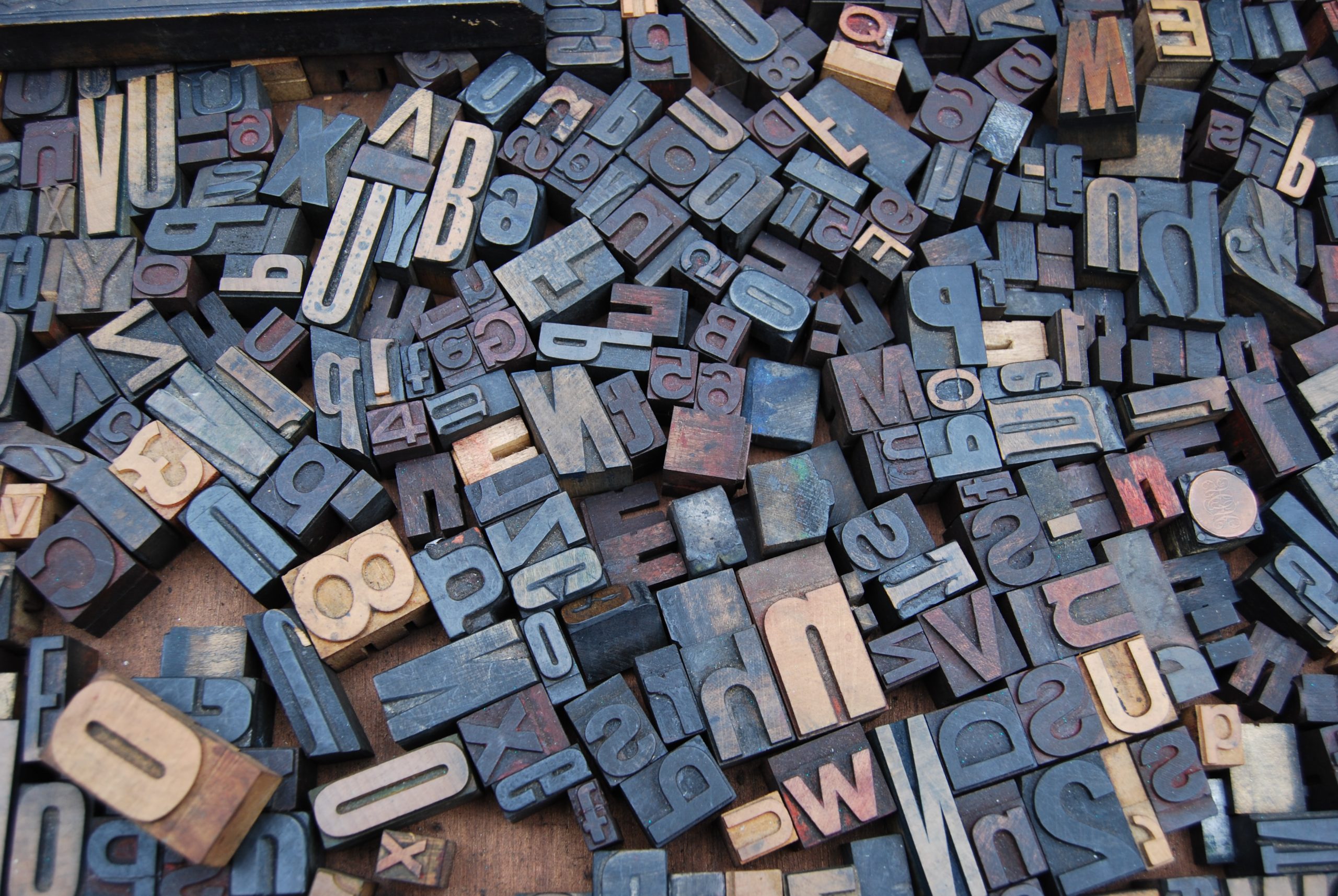A fluid thing, language can be likened to an organism, and the linguistic community within which it operates, to an ecosystem. As such, it is always worth delving into a language’s evolution, and the cultures that shaped and continue to shape its present form.
Thanks to grants from the Mellon and Wagner Foundations, the Oxford English Dictionary (OED) and Harvard University’s Hutchins Center for African and African American Research are currently undertaking a project to compile the first comprehensive dictionary of African-American English, the Oxford Dictionary of African American English (ODAAE).
The project, which will encompass three years of research, brings together the lexicographical resources of the OED and the Hutchins Center’s network of scholars, and is expected to see publication in 2025. It will be based on examples of African American speech and writing spanning the history of AAE.
According to the president of Oxford Languages at Oxford University Press, Casper Grathwohl, “African American English has had a profound impact on the world’s most widely spoken language, yet much of it has been obscured. The ODAAE seeks to acknowledge this contribution more fully and formally and, in doing so… build a more accurate picture of how African American life has influenced how we speak, and therefore who we are.”
Each entry, which includes meaning, pronunciation, spelling, usage, and history, will also be accompanied by quotations of the language in natural use. This will help to place the contributions of African American writers, thinkers, and artists to the evolution of the English lexicon in the foreground.
“Every speaker of American English borrows heavily from words invented by African Americans, whether they know it or not,” said Henry Louis Gates Jr., Editor-in-Chief of the ODAAE, and director of the Hutchins Center.
“Words with African origins such as ‘goober,’ ‘gumbo’ and ‘okra’ survived the Middle Passage along with our African ancestors. And words that we take for granted today, such as ‘cool’ and ‘crib,’ ‘hokum’ and ‘diss,’ ‘hip’ and ‘hep,’ ‘bad,’ meaning ‘good,’ and ‘dig,’ meaning ‘to understand’ are just a tiny fraction of the words that… emerged out of the Black Experience in this country, over the last few hundred years.”
Of course, the ODAAE will be more than a mere catalog of a smattering of words popularized by African Americans. University of Arizona linguist Sonja Lanehart emphasizes that “the etymology of a word and the history of the word is extremely important… in understanding how a language has developed, evolved, and who’s been a part of it”
“It’s taken a lot to get to this point to show that Black people and Black language aren’t grotesque, exotic, or deficient,” she goes on. “They have a language variety that is different and should be recognized just like any other language variety.”
Building on this idea, Adam Bradley, an advisory board member for the ODAAE and a professor of English and African American Studies at UCLA, spoke with CBC Radio’s Day 6, and pointed out how “dictionaries, when we think about them, codify language.” They create a “historical record” of a living, functioning language. And this fluidity of language is only exacerbated in today’s world, where social media allows new ideas and concepts to be shuttled at the speed of light from one corner of the world to every other one.
English is “changing with every song, every tweet, every conversation that’s happening amongst Black Americans and the broader culture.” This is how languages become what they are. Every language currently in use has been shaped in a similar way by the cultures and subcultures living with and adding to it.
But beyond being an informative historical record of a particular angle of the English language, the ODAAE will serve as a useful tool for scholars and researchers, as well as translators and those working in localization.
This new dictionary is, by all accounts, something incredibly special. It tells the story of a people integral to the shaping of this country. Not simply its language. Those people and their stories are, of course, at the very center of the project, and it belongs to them in a very important way. From past to future.






